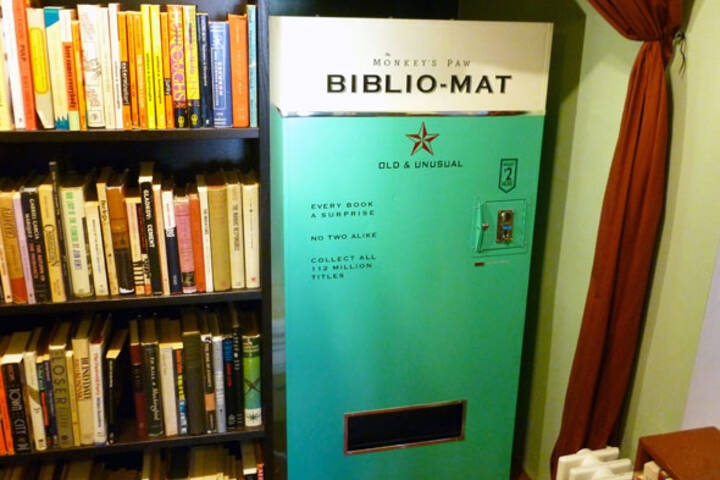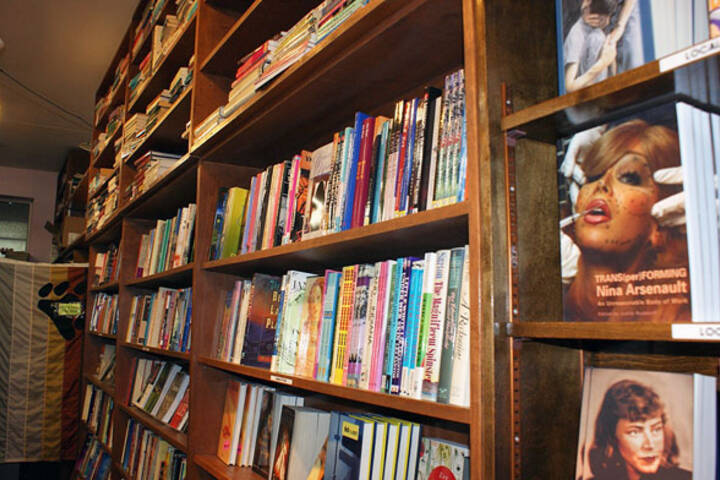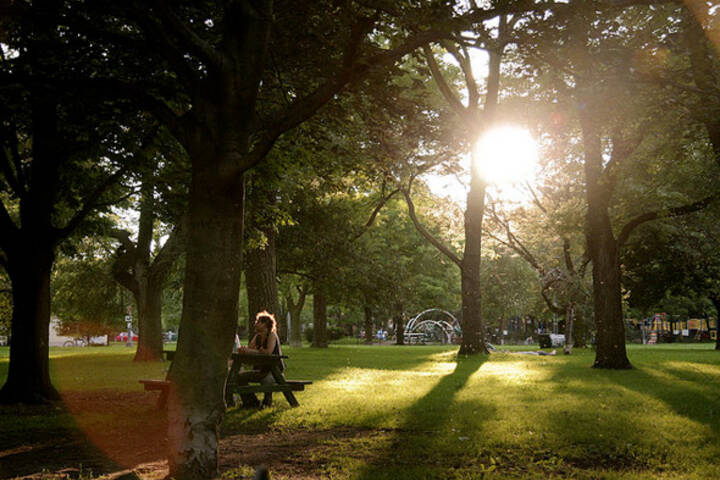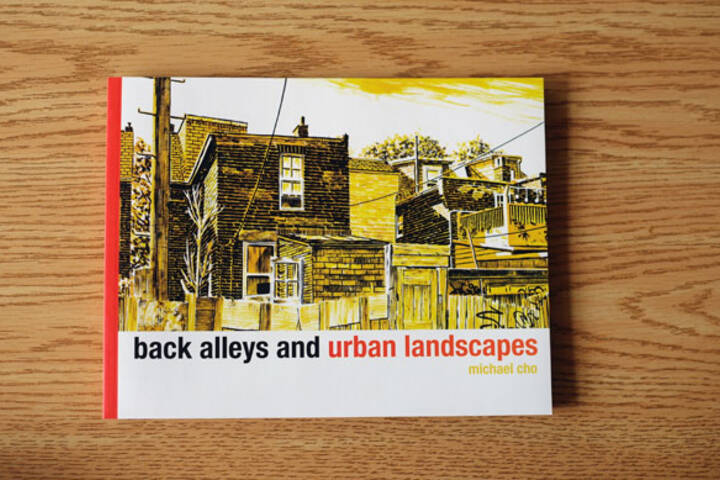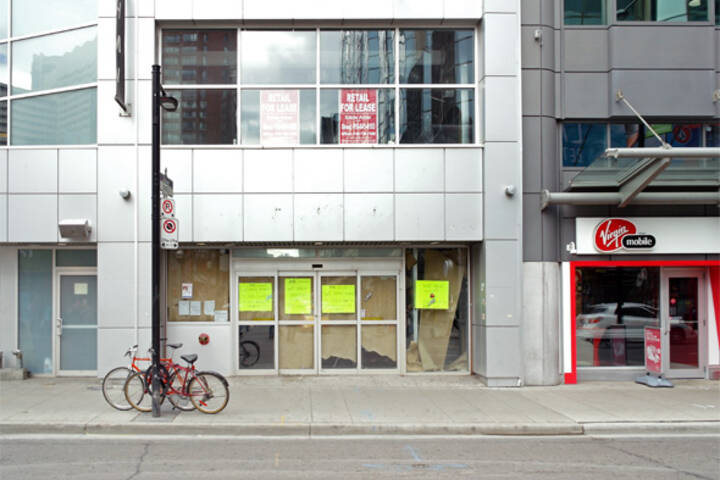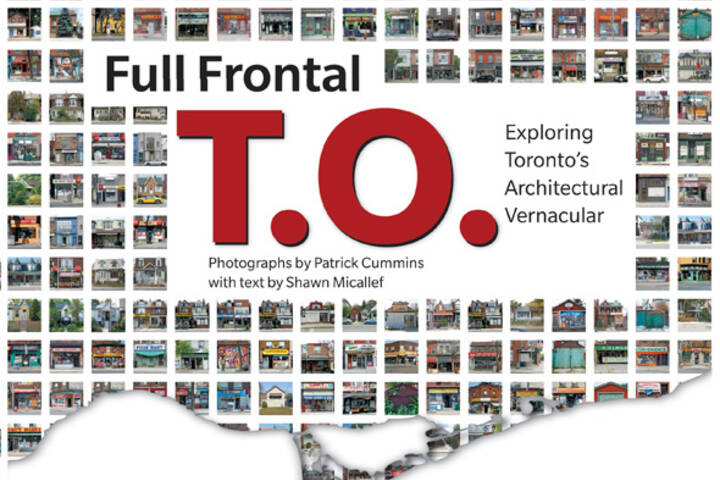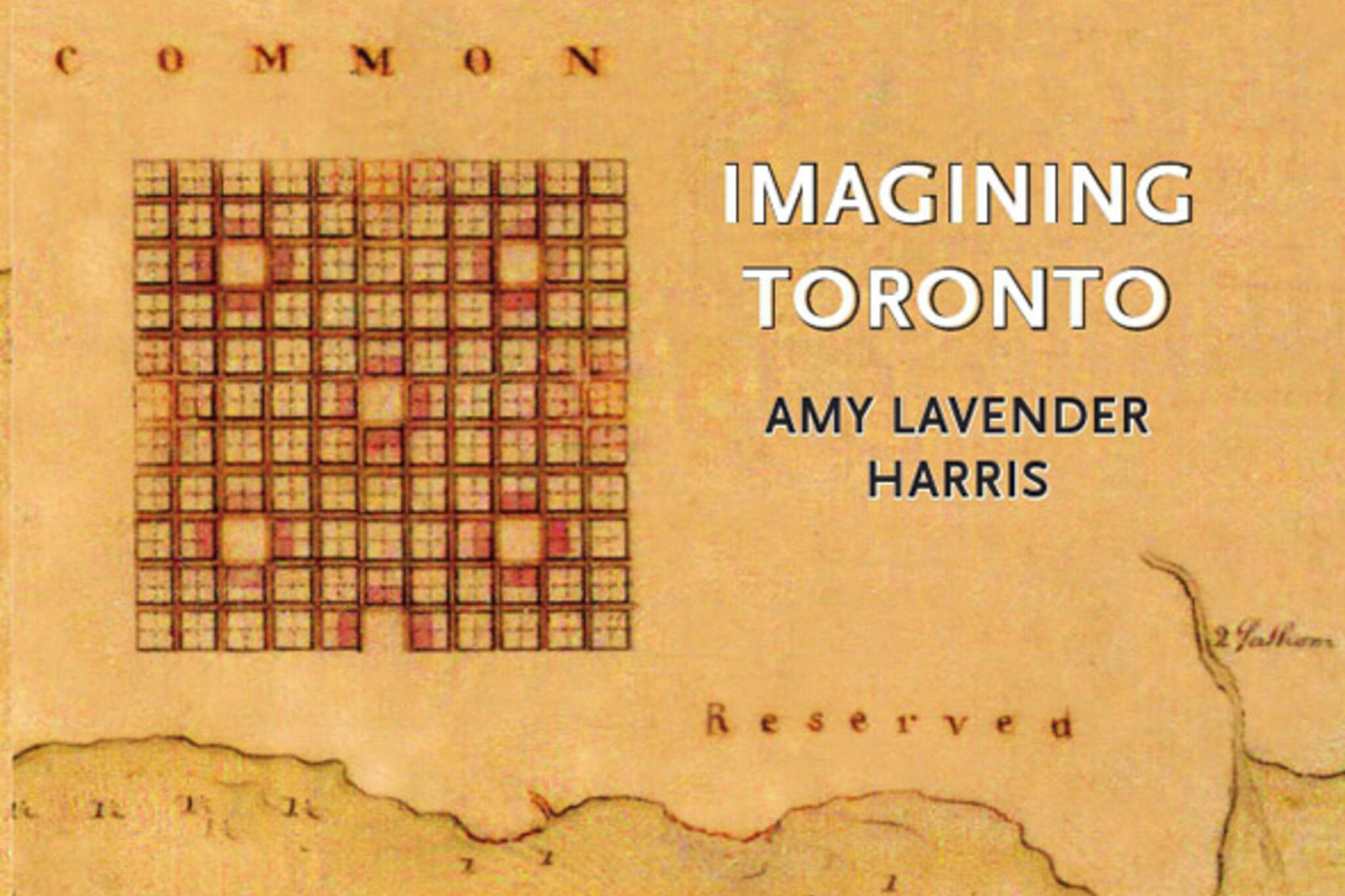
Toronto's literary history gets a worthy survey
Amy Lavender Harris has filled a longstanding gap in Toronto's literary scholarship with the publication of Imagining Toronto, a comprehensive overview of literature devoted to and set in this city. Although clearly rooted in academic research - Harris teaches in the Geography department at York University - this book is nevertheless a mostly accessible read that's as much a narrative of Toronto via its various fictions as it is an analysis of the dominant tropes and themes that underwrite local literary tradition.
That's probably a bit of a straw man opposition - good analysis is always already narrative - but it might prove a useful distinction for those considering whether or not to buy the book. Perhaps the greatest strength of Harris's text, and the reason why I would suggest it's well enough suited to a general audience, is the generosity with which the author uses direct quotations from her subject matter to document Toronto's literary lineage. I wouldn't normally highlight something like this for praise, but in this case it helps Harris to tell her particular story of Toronto in the least didactic manner possible. It also doesn't hurt that her selections are, for the most part, wonderfully curated.
Broadly speaking, Imagining Toronto makes the argument "that the cities we live in are made not merely of brick and mortar, or bureaucracy and money, but are equally the invention of our memories and imaginations." And in a city like Toronto, where so much of that which was built with bricks and mortar has been erased over the years, this theory is particularly seductive. How else can we access our history but via its construction in literature? For all the wonder of archival photographs, they remain somewhat hollow in the absence of context.
Given Harris's background, it's not surprising that some of the best moments in her book are descriptions of the city, be they of its geography, streetscape, built environment or residents. More often than not these come via the writers whose work she examines, the beauty of which can be downright inspiring. I was particularly delighted to rediscover Dennis Lee's "Civil Elegies," a poem that I haven't read in 10 years but which at one point was the catalyst for my conversion to the belief that literature about Toronto could be taken seriously (I was a naive English Lit undergraduate in love with New York back then).
As much as Imagining Toronto will appeal to Torontophiles, it shouldn't be mistaken for a straight-up guidebook to Toronto literature. While its coverage is indeed comprehensive, the point isn't merely to introduce readers to the city's seminal texts and literary themes, but to engage them in an ongoing discussion about our elusive but unique identity and the degree to which our literature is responsible for the construction of the place we refer to when we use the name "Toronto."
Imagining Toronto is published by Mansfield Press and costs $21.95. For more information, check out the book's website, which features loads of resources on Toronto literature and history.
Latest Videos
Latest Videos
Join the conversation Load comments
